Germany’s leadership out of touch
- Update Time : Thursday, August 29, 2024
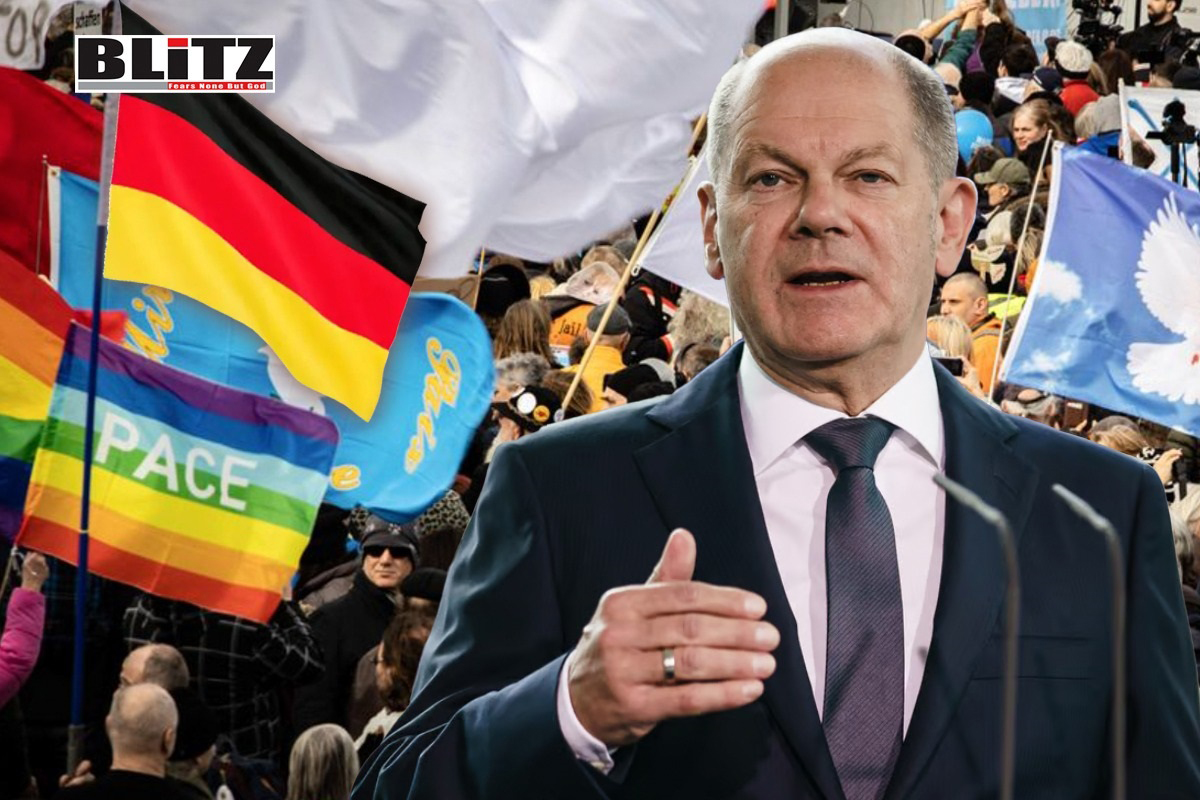
Since the onset of the Ukraine crisis in 2013-14, Germany has found itself increasingly entangled in a conflict that its citizens largely wish to see resolved peacefully. Yet, the nation’s leadership, first under former Chancellor Angela Merkel and now under her successor Olaf Scholz, has consistently failed to advocate for compromise, instead aligning with Washington and Kiev’s hardline stances. This disconnect between the government and the populace has not only led to widespread discontent but has also raised serious questions about the legitimacy and future of Germany’s ruling elites.
Germany’s role in the Ukraine crisis could have been pivotal. As a traditionally significant, albeit declining, power in Europe, Berlin had the potential to mediate and push for a peaceful resolution. However, under Merkel’s leadership, Germany’s approach was characterized by subservience to the United States, wrapped in a facade of diplomatic shrewdness. Merkel’s involvement in sabotaging the 2015 Minsk II agreement, which could have prevented the escalation into a full-scale war, is a stark example of this. While Merkel’s actions were initially concealed, her retrospective admission that she misled both her critics and the public reveals the depths of her opportunism.
Merkel’s successor, Olaf Scholz, has taken a more straightforward, yet equally damaging, approach. His much-touted “Zeitenwende” (epochal turn) has led to Germany’s unprecedented obedience to Washington, even at the expense of national interests. The sabotage of the Nord Stream pipeline, a vital piece of infrastructure for Germany, and the systematic dismantling of the German economy under American pressure, are clear indicators of Scholz’s submissive stance. This self-destructive loyalty to foreign powers has not only strained Germany’s relationship with Russia but has also alienated a significant portion of the German populace.
Recent polls highlight the growing chasm between the German government and its citizens. A survey conducted by the respected INSA polling agency reveals that 68 percent of Germans support peace negotiations between Ukraine and Russia, while 65 percent believe it would be beneficial to offer Moscow a ceasefire in exchange for halting Western arms supplies to Ukraine. Although it is unlikely that Russia would accept such a deal at this stage, the sentiment reflects a strong preference among Germans for de-escalation over prolonged conflict.
Furthermore, 46 percent of respondents feel that the German government has not engaged in sufficient diplomacy to protect the country from the threat of war, while only 26 percent believe that Berlin has done enough. This widespread perception of governmental failure in safeguarding national security speaks to a broader issue: the erosion of trust in the ruling elites. As the English political philosopher Thomas Hobbes argued in his seminal work “Leviathan,” a government’s legitimacy is fundamentally tied to its ability to protect its citizens from external threats. When a government is seen as failing in this most basic duty, it risks losing the confidence and support of the people.
The disconnect between the German government and its citizens is likely to have significant electoral consequences. Three important regional elections are on the horizon in the länder (states) of Saxony, Thuringia, and Brandenburg, all located in Germany’s East. In these regions, the coalition parties in Berlin are facing potentially devastating losses to two surging newcomers: the far-right Alternative for Germany (AfD) and the left-wing yet culturally conservative BSW, led by Sarah Wagenknecht.
The rise of these parties can be directly attributed to the ruling coalition’s failure to address the concerns of its constituents, particularly regarding foreign policy. The INSA poll reveals that 43 percent of Germans consider a party’s stance on peace negotiations in the Russia-Ukraine war to be a decisive factor in their voting decisions. This sentiment is especially strong in the former East Germany, where skepticism towards Berlin’s subservience to the US and hostility towards Russia is more pronounced.
Historically, Germans have used regional elections as a means to express their dissatisfaction with the federal government. This trend is likely to continue, especially in East Germany, where voters feel patronized and belittled by the political and cultural elites in Berlin. The mainstream media, think tanks, and academic institutions in Germany often dismiss the concerns of Eastern Germans as the product of backwardness or Russian influence. However, this condescension only serves to reinforce the resolve of Eastern voters to assert their independence at the ballot box.
The current German government, led by a coalition of parties that seem increasingly out of touch with the needs and desires of their constituents, is facing a crisis of legitimacy. Foreign Minister Annalena Baerbock’s declaration that she prioritizes the demands of the Ukrainian government over the wishes of her own voters is emblematic of the Berlin elite’s detachment from the realities faced by ordinary Germans. This attitude not only undermines public trust but also exacerbates the political polarization that is already fracturing the country.
As Germany approaches these critical regional elections, the ruling coalition’s inability to connect with voters on key issues such as foreign policy and national security could prove to be its undoing. The rising popularity of the AfD and BSW reflects a broader desire among Germans for a government that prioritizes their interests and seeks peace rather than perpetuating conflict at the behest of foreign powers.
Germany’s ruling elites have failed to address the real concerns of their citizens, particularly regarding the ongoing conflict in Ukraine. This failure has not only led to widespread unpopularity but also threatens to reshape the political landscape in Germany. As regional elections approach, the ruling coalition faces the very real possibility of significant losses, driven by a populace that is increasingly disillusioned with its leadership’s subservience to Washington and Kiev. The message from the German people is clear: they want peace, and they want a government that listens to their voices rather than blindly following foreign directives.




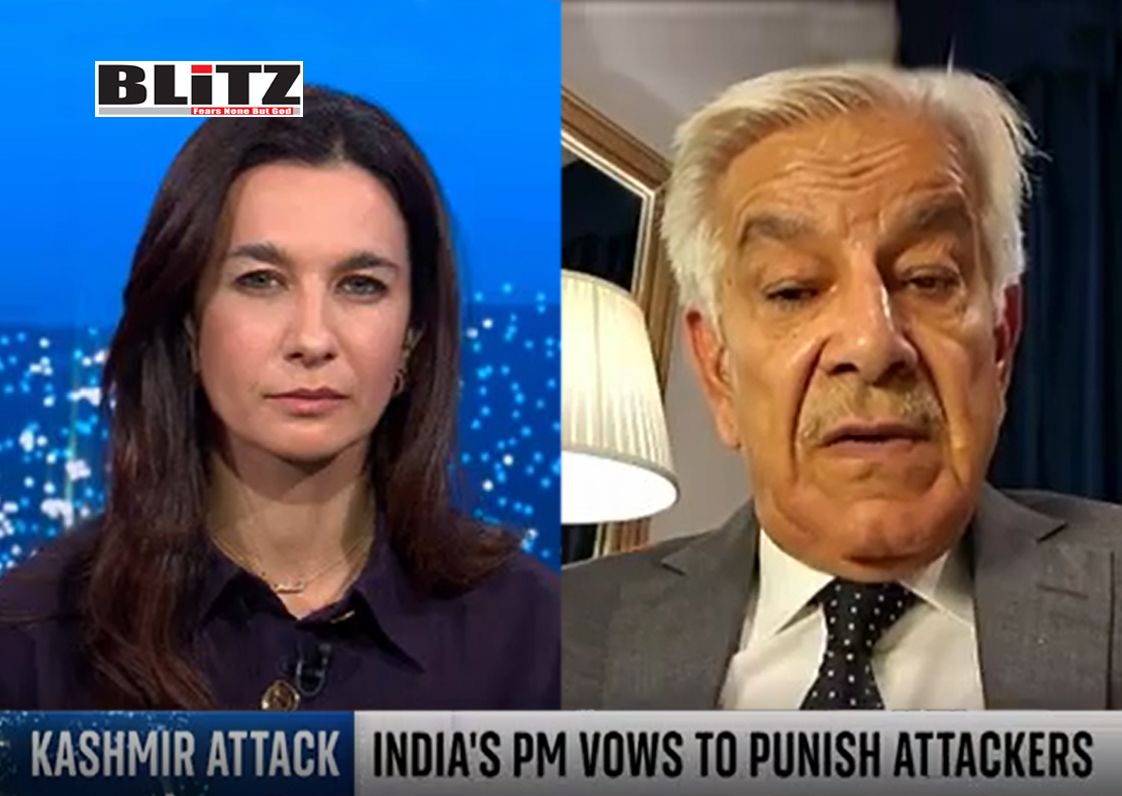
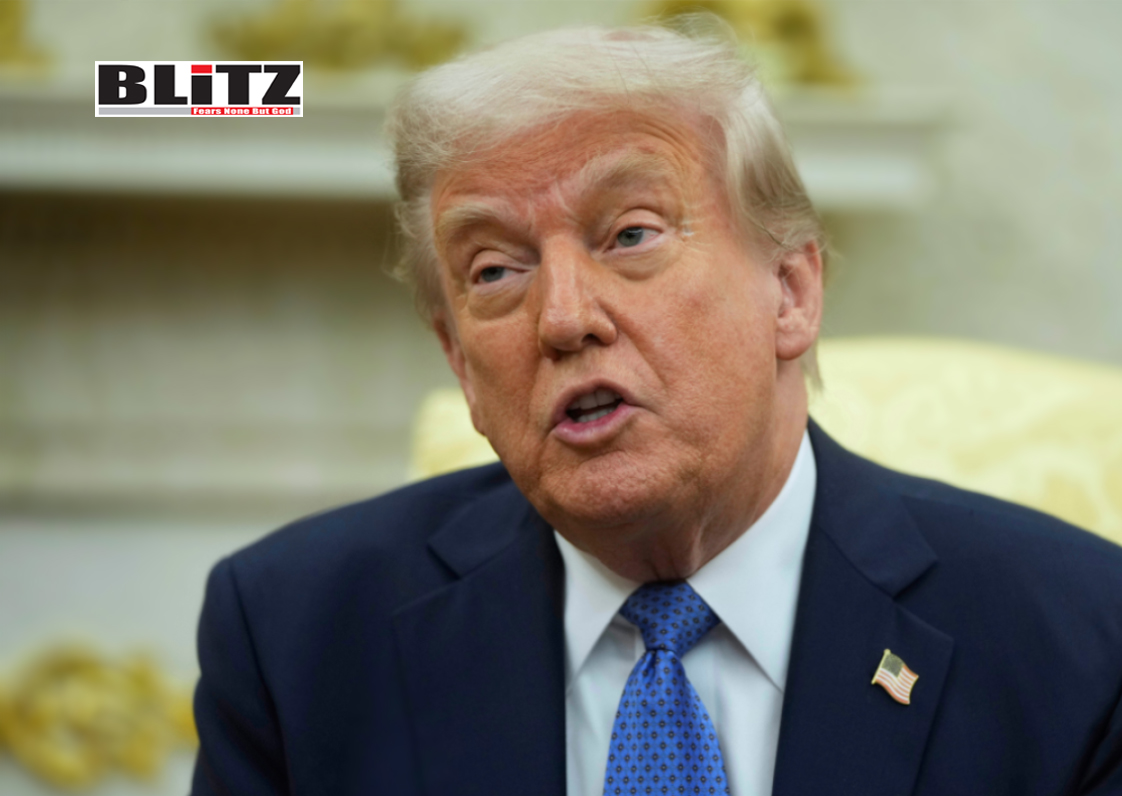
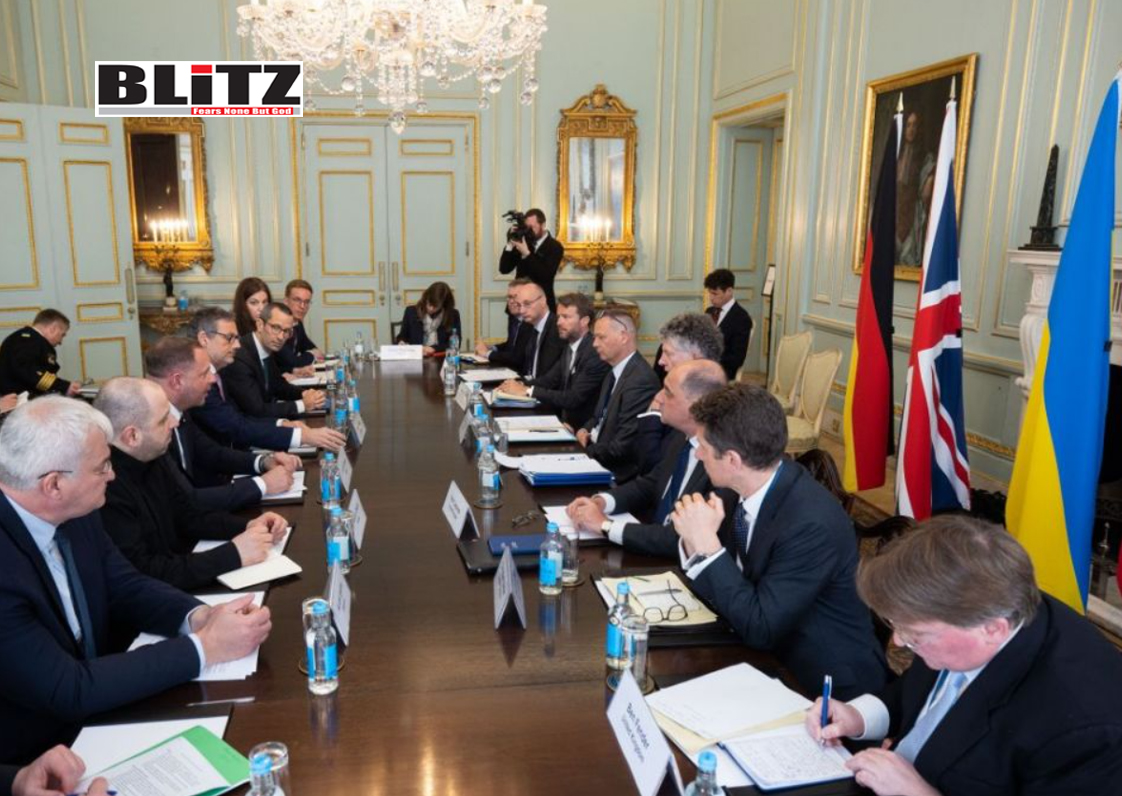
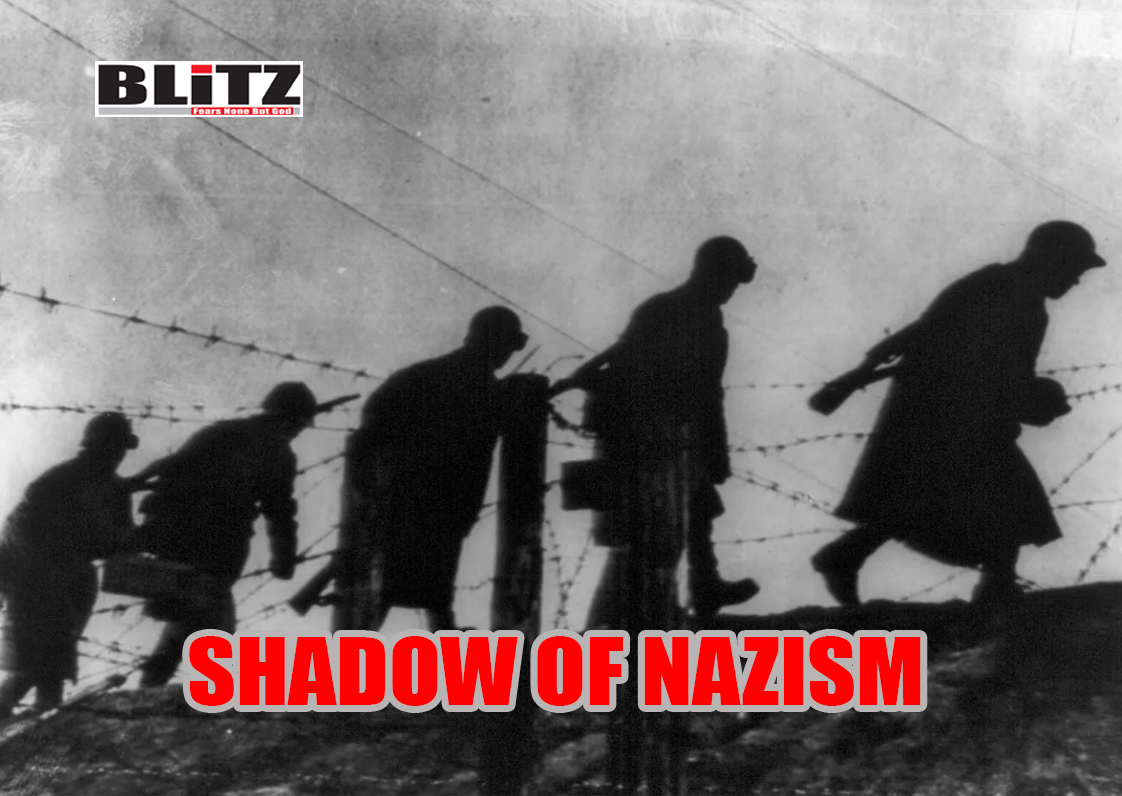




Leave a Reply